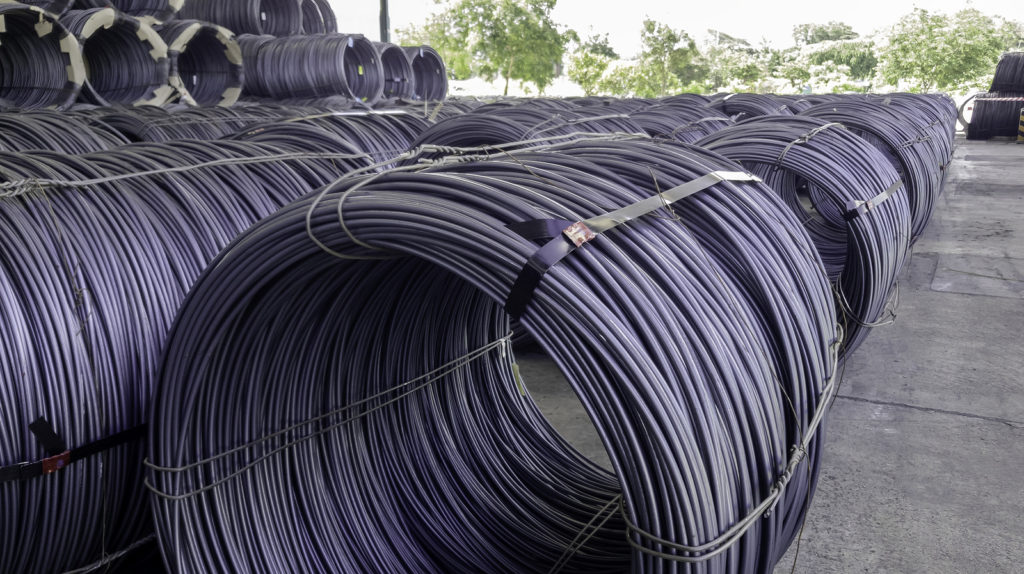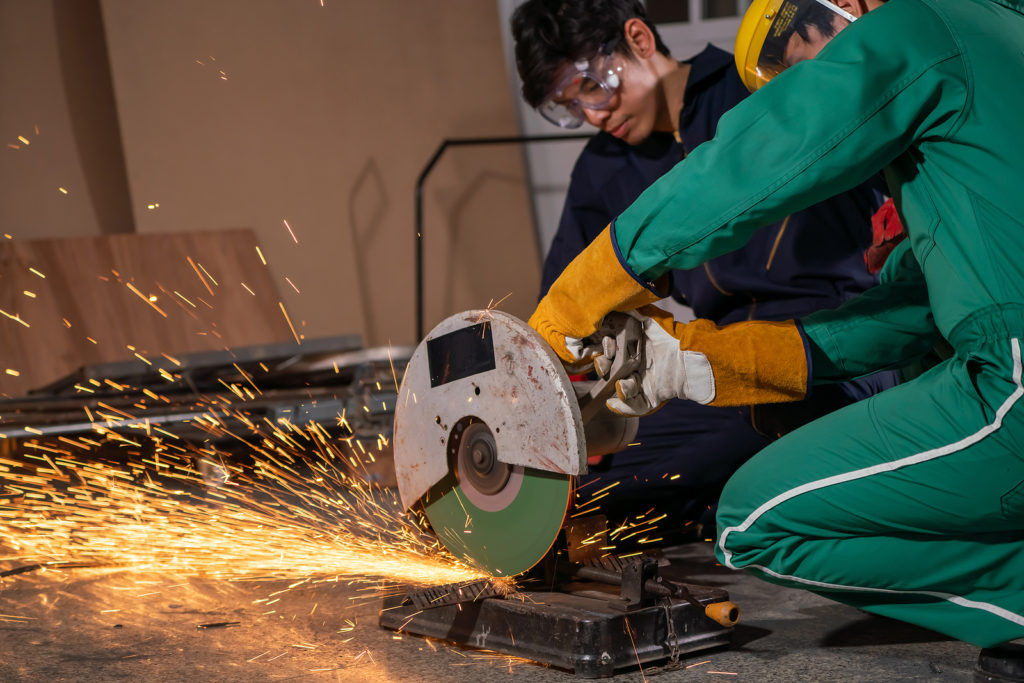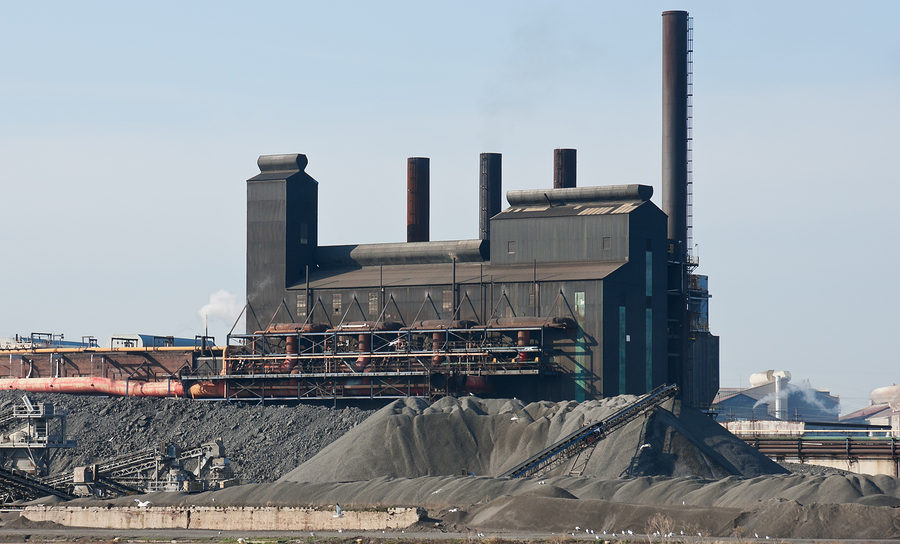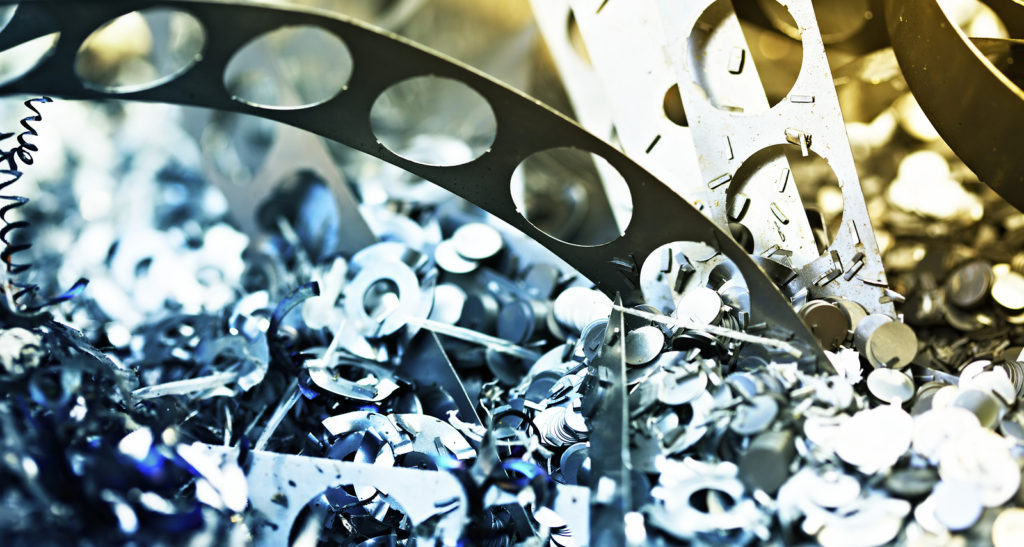Carbon steel is one of the most useful metal commodities we have in the world. Numerous industries rely on carbon steel because it is extremely affordable and retains terrific mechanical properties. If you have a project that involves using carbon steel, you have chosen an excellent metal to work with; however, it is important to know which grade of carbon steel to choose for your intended application.
Continue reading to learn some helpful answers to the most frequently asked questions about carbon steel and its variety of grades available.

Frequently Asked Questions About Carbon Steel
What is the Composition of Carbon Steel?
The makeup of carbon steel is generally a combination of carbon, iron, and other trace elements. Measured in weight, most carbon steel usually retains between 0.05% and 2% carbon.
Which Grades of Carbon Steel Have Good Machinability?
When it comes to machining carbon steel, there are some grades that work well, and others that prove a bit challenging. For instance, grades with lower carbon content are easily machined, such as C1010 and C1018. Even grades with slightly high carbon content have decent machinability, like C1041 and C1044. On the other hand, grades like C1045 have a very high carbon content without any additional elements to assist in machining; so, it is a poor selection for applications that involve machining.
Which Grades of Carbon Steel Can Be Welded?

Just like machinability, there are several types of CS that can be welded, and several others that are not great choices for welding applications. Grades that contain high machinability, like C1041 and C1044, are generally poor at welding. That is because they contain sulfur that will lead to weld solidification cracks. But if you choose a lower grade, like C1010 or A36, you will have no trouble with welding. If you use higher grades, like C1045, you will likely require preheat or post-weld heat treatments.
How Strong is Carbon Steel?
If the carbon content is low, the tensile strength is generally also low. If it is high, then the tensile strength should be high. If you project requires sufficient strength, a low-grade is not a good choice. Instead, choose a higher strength carbon steel, like C1045. If you need strength and formability, you can choose a high-strength low-alloy steel (HSLA) that contains low carbon but designed to still retain high strength capacities.
Is Carbon Steel Resistant to Corrosion?
Carbon steel is a ferrous metal, which means it contains iron. Accordingly, when exposed to certain elements, like oxygen and water, the metals will oxidize and rust will form. And rust weakens the structural integrity of metal, which then leads to corrosion. If your metal application requires a resistance to corrosion, you are better off choosing a galvanized or plated carbon steel that contains chromium or some other corrosive-resistant agent. Also, painting carbon steel helps to prevent corrosion.
How Do I Dispose of Scrap Steel?
If you have leftover construction scrap or scrap steel materials, you can sell it all for cash on the spot! Contact Zore’s Recycling at 317-244-0700 for profitable scrap metal recycling services in Indianapolis, Indiana. We offer free-haul away for bulk steel materials, like construction scrap and farming scrap.
Related Posts:
The Three Main Categories of Carbon Steel
What is Tool Steel?
How to Support Steel Sustainability




